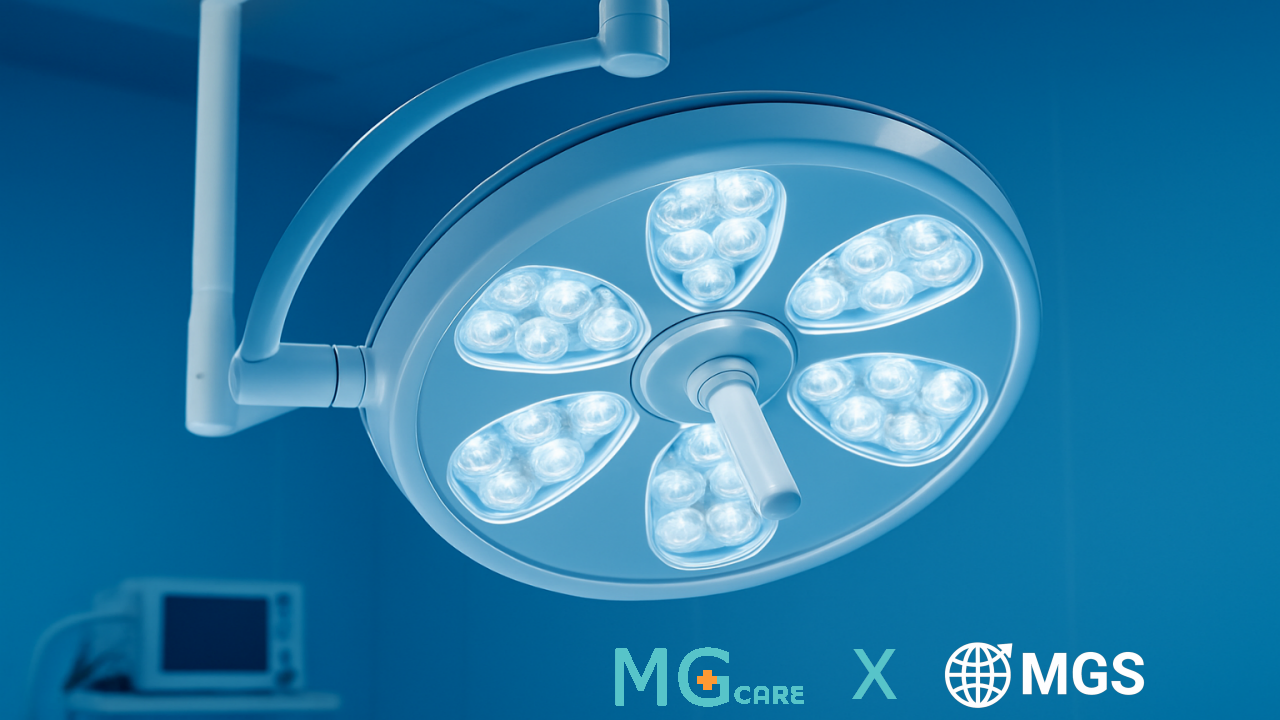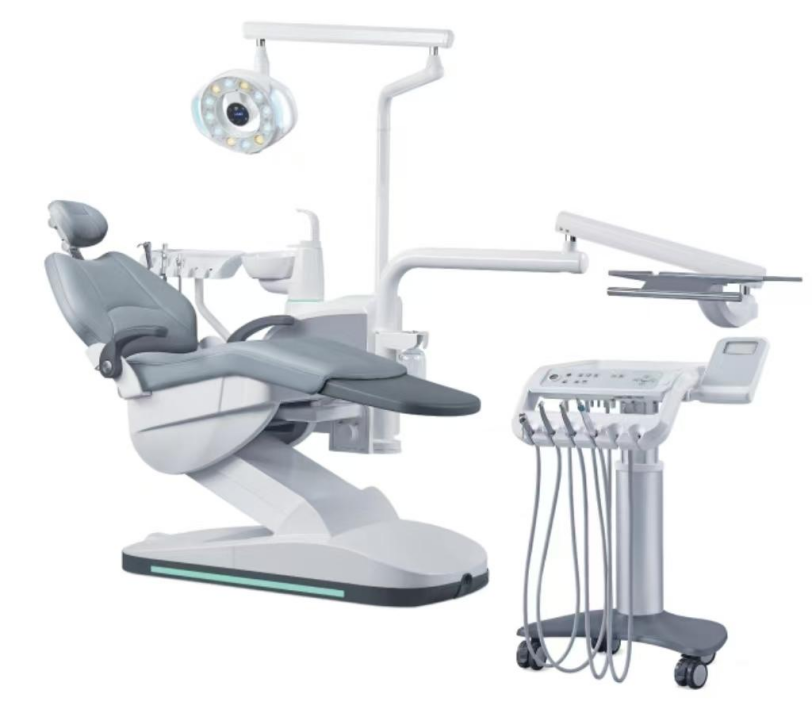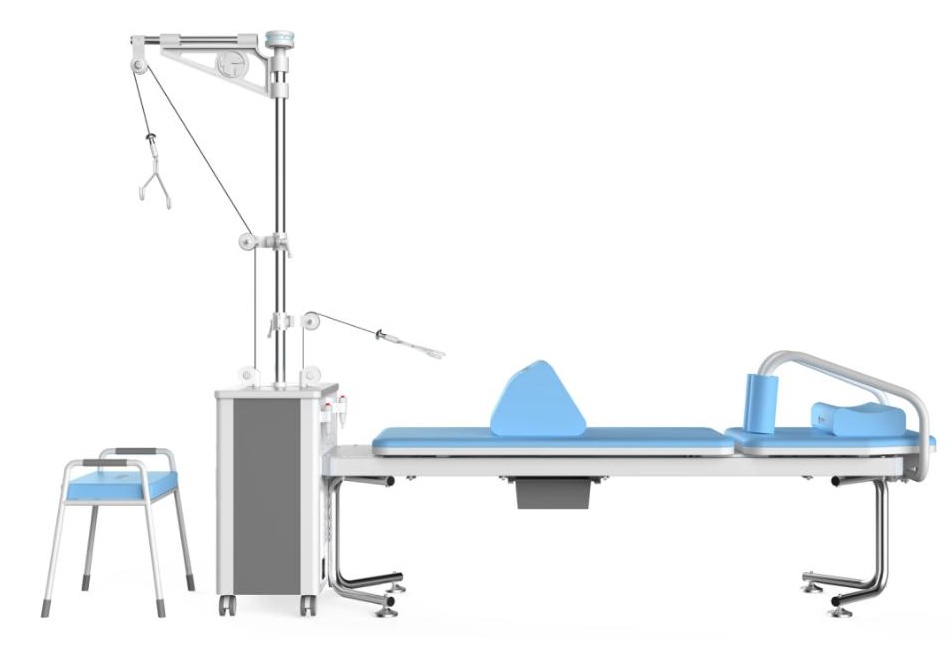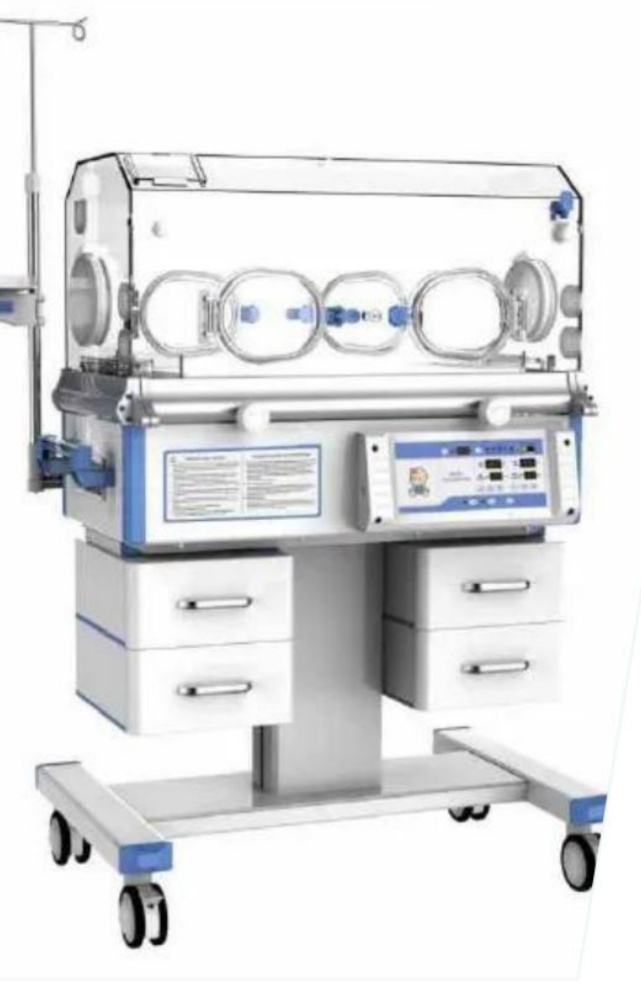An Ultrasound Therapy Device is a medical device commonly used in physical therapy to treat pain, promote tissue healing, and reduce inflammation by delivering high-frequency sound waves (ultrasound) into the body’s tissues.
Ultrasound Therapy Device
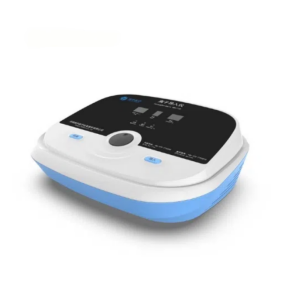
What It Does?
The device uses ultrasound waves—typically between 1 to 3 MHz—to penetrate deep into soft tissues like muscles, tendons, and ligaments.
These sound waves produce
1.Thermal effects (deep heating):
lIncreases blood flow
lRelaxes muscles
lSpeeds up healing
2.Non-thermal effects (mechanical stimulation):
lStimulates cell activity
lImproves tissue regeneration
lReduces swelling and inflammation
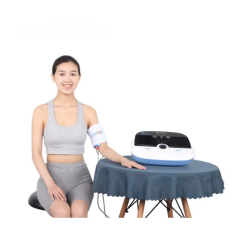
How It Works?
lA handheld applicator (called a transducer or probe)
is moved over the skin with ultrasound gel to
improve sound wave transmission.
lInside the probe is a piezoelectric crystal,
which vibrates when an electric current is
applied, producing ultrasound waves.
lThese waves pass through the skin and
are absorbed by underlying tissues.

Common Uses
lMuscle strains and sprains
lTendonitis (e.g. tennis elbow, Achilles tendinitis)
lJoint stiffness or arthritis
lScar tissue softening
lChronic pain (e.g. back pain, neck pain)
lBursitis
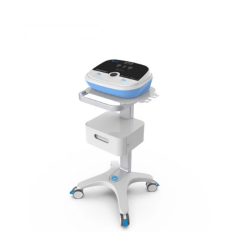
Ultrasound therapy should NOT be used on
lPregnant abdomen or lower back
lOver pacemakers or metal implants
lMalignant tumors
lInfected areas or open wounds
lOver the spine or eyes
Conclusion
The Ultrasound Therapy Device is an effective and non-invasive tool widely used in physical therapy to accelerate pain relief, tissue healing, and inflammation reduction. By delivering precise high-frequency sound waves into deep tissues, it supports recovery and enhances patient outcomes. Understanding its functions and proper application ensures safe and efficient treatment, making it a valuable asset in rehabilitation settings.


